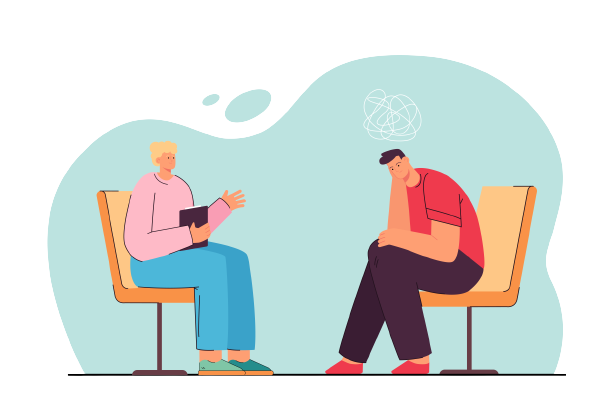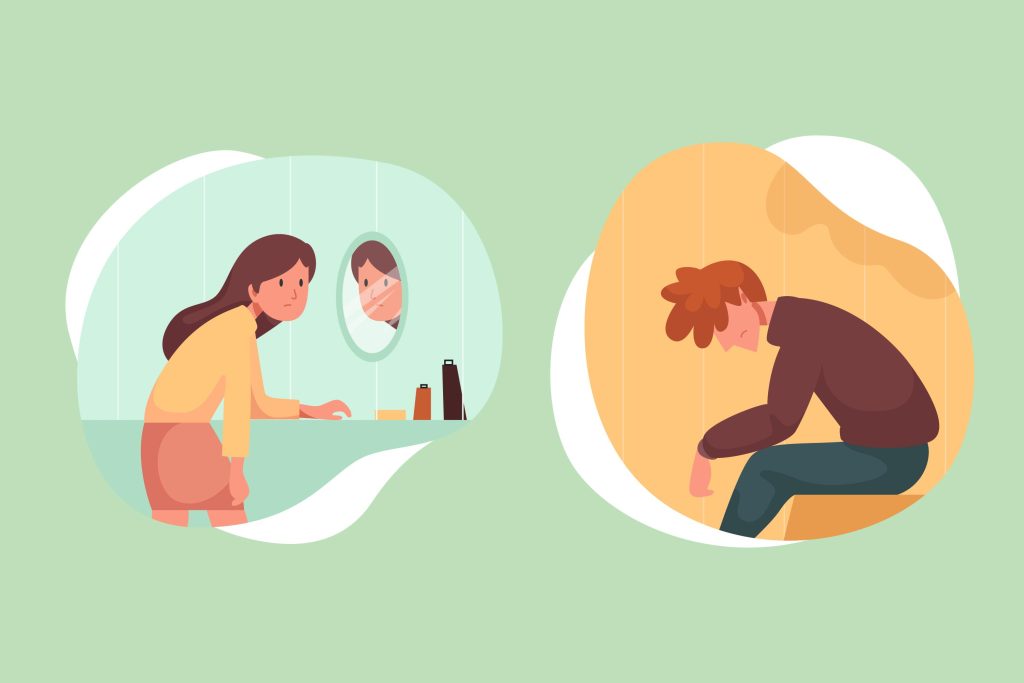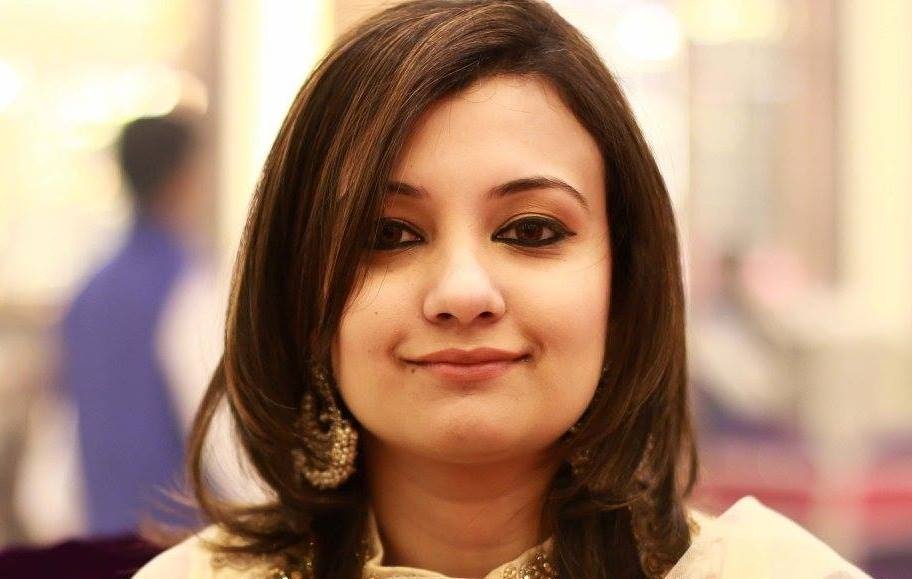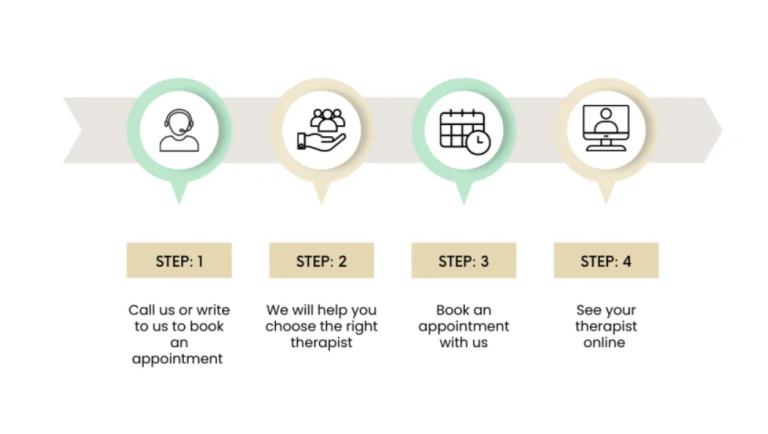
Grief Counseling
Are you experiencing the loss of someone currently? Are you struggling to make sense of what you are feeling after losing someone? Do you feel like you have lost purpose and direction after losing a loved one? If you are currently feeling this way, you may be experiencing grief.
35000
Sessions
22+
YEARS EXPERIENCE
500000+
LIVES IMPACTED
What Is Grief?
Grief is often a misunderstood emotion as everyone’s journey with it is different. Grief counselling can be a great option for you to loosen the knots around grief and make sense of it. But first, let’s understand what grief is, and then look at ways you can navigate through it through self-help and grief counselling. Grief is the emotion we experience when we go through a loss.
We feel afraid of losing our loved ones. We fear how we may cope with the loss of their presence, the comfort we felt when we were with them, their voice, our daily routine with them, and facing a new world without them. This way, we go through our lives either by anticipating grief, or by living with it.
Loss, as we all know, is an inevitable part of our lives. We may experience the loss of a loved one passing away, or go through a separation or divorce, lose a job, or an opportunity.
While the causes of grief may be many, grief leaves an emptiness, a painful void, in our hearts. Grief causes us to disconnect from the normal pace of our lives. We begin to seek answers, find closure, or find out own ways make sense of our new reality. Grief and loss are the two sides of the same coin. If we want to understand grief deeply, we have to delve into what our loss means to us.
Can Therapy For Grief Help?
Grief can be a complicated emotion to understand. Sometimes, due to the conditions surrounding the loss, we may find it difficult to vent out and release the pain we are holding from our grief. Sometimes, we are asked or conditioned to “stay strong” for others. This further burdens our system, and complicates our grief.
Moreover, suppressing emotions such as grief increases the chances of developing mental health challenges and substance use issues.
If you feel like:
- You are unable to cope with the grief
- You are not able to let go or accept the loss after years
- You are finding it difficult to function on a daily basis
Then, it is a good idea to consider therapy. Therapy for grief, or Grief Counselling offers a variety of benefits to understanding, managing, and coping with grief.

Grief Counsellors are trained professionals who can help create a safe space to hold and process your emotions. They can help you make sense of the multitude of emotions we experience, including grief.
Grief is an unavoidable part of being human. Every individual has to experience grief at some point in their lives, to some degree. Thus, instead of fighting this emotion, or pushing it away, grief counselling helps to create space for this emotion.
A grief counsellor can help us see grief as another emotion-like anger or happiness, which serves a purpose. They show us ways grief functions to help us grapple with a painful loss, thereby normalizing it.
Grief is an emotion that showcases the human need for connection. When we grieve, we are reminded of the bond and love we shared with an individual. Therefore, grief counselling can be a great way to realize the importance of grief, making it easier to cope with loss.
Lets understand grief a little better.

What Are The Causes Of Grief?
- Losing a loved one to death
- Getting know you or a loved one has a terminal illness
- Going through a separation, break-up, or divorce
- Losing a job
- Losing a friendship
- Grieving a lost childhood
- Due to trauma, violence, or other negative experiences
- Losing a pet

Is your Grief holding you back?
Counseling can be a great tool for you to manage and address your grief.
We are here for you.
How Do You Know If You Are Experiencing Grief? : The Symptoms
Every emotion leaves its fingerprints on our systems in the form of physical, mental, or emotional signs. For example, when we feel joy, we feel our body open up, our face softening, and having a feeling of lightness.
On the contrary, we normally describe grief as a heavy, painful, and often numb feeling after losing someone. These emotions are a normal part of grief, however, knowing about them helps us become more aware of their experience.
Since people grieve differently, we have gathered some of the symptoms that could indicate grief:
Physical Symptoms
- Tightness in the chest
- Fatigue
- Losing or gaining weight
- Sleep Issues
- Irritability
- Chest pain and palpitations
Emotional Symptoms
- Hopelessness
- Guilt
- Anger
- Relief (happens in some instances where you have seen a loved one pass away after prolonged suffering)
- Depression
- General Anxiety
- Fear of dying and other loved ones dying
- Panic attacks or Agoraphobia
Behavioural Symptoms
- Lashing out at others
- Moving away from others and isolating oneself
- Losing faith in a higher power after losing a loved one
- Numbing your emotions through substances
- Experiencing panic, anxiety, or avoiding places or situations that remind them of the loss

Contact Us For Online Grief Counseling
Therapy for grief, or Grief Counselling offers a variety of benefits to understanding, managing, and coping with grief.
We are here for you!
The Five Stages Of Grief
Grief can bring up a variety of emotions and sensations. Sometimes, we may feel the pain and sadness of losing someone, while also feeling anger towards them for leaving us.
Each stage can feel like an emotional rollercoaster and make you feel like there is something wrong with how you are processing loss.
To understand and normalize the grieving process, Elizabeth Kubler-Ross (a Swiss-American Psychologist) created a model called the “Five Stages of Grief.” When individuals experience grief, they normally undergo five stages.

- Denial: This stage involves being in denial of the loss. We may pretend or convince ourselves that nothing has changed.
- Anger: In this stage, we begin to feel angry towards the person we have lost- we feel frustrated as they have left us behind. Or, we may be angry as we haven’t received closure due to the suddenness of the death.
- Bargaining: We begin to hope and wish if we would have passed away instead of our loved one. Or, we would hope that they had stayed for longer.
- Depression: During this stage, the wave of grief hits and we begin to feel hopeless and disconnected from others. We begin to feel depressed.
- Acceptance: This happens when we come to terms with the loss and begin to accept the reality after losing someone.
While this is referred to as the five “stages” of grief, there is no order to these stages. Everyone has their own story with grief. We can skip stages, come back to stages, or even experience two stages at once. This model helps to make us aware of the emotions commonly experienced after the loss of someone.
Types of Grief
Our losses can take us through various types of grief. While some experiences with grief are short-lived, others can be complicated. Sometimes, grief can seem absent from our lives for a while, and arrive at a later time.
Due to the wide variety of the ways we grieve, we have explained a few of the types below.
- Normal Grief: Individuals who experience normal grief, experience the feelings of emptiness, sadness, hopelessness, or other emotions that occur in grief for a certain period of time after the loss. After this, they are able to gradually accept the loss and carry on with their daily functioning.
- Disenfranchised Grief: This happens when people around minimize or invalidate one’s grief. When one experiences disenfranchised grief, they are told not to feel their grief. This could be due to their relationship with the person they have lost, for example- losing an ex-partner you had separated from. Or, grieving the loss of a culturally unacceptable relationship-like a partner of the same sex, can cause this form of grief.
- Traumatic Grief: This occurs when there is a traumatic event involved in the loss, like, losing someone to an accident or murder.
- Absent Grief: This occurs when an individual doesn’t grieve after their loss. This doesn’t mean that they are okay with the loss or moved on. But, it could mean that they are in denial, delaying, or suppressing their grief to support others around them or appear strong.
- Anticipatory Grief: This is a form of grief one experiences before losing an individual. It commonly occurs if you know you are about to lose a dear one to a terminal illness.
- Abbreviated Grief: For some individuals, grief can pass by quickly, especially in the case of anticipatory grief where they would have taken the load of the grief before losing the person.
- Chronic Grief: While abbreviated grief occurs for a shorter span of time, chronic grief is prolonged and intense, and it feels like the grief doesn’t go away.
Knowing the types of grief can help us identify and learn more about their experience, or, it can enable us to help a loved one understand their grief better.
How Can You Cope With Grief?
- Spend more time with family and friends: Grief can often make you feel disconnected from others. It makes it difficult to connect and bond with others. Therefore, finding ways to build a bond with others by catching up family and friends can help you feel more at ease.
- Journal: Journaling your thoughts and feelings around grief can help you learn more about its patterns. Knowing more about your patterns will give you an insight into your tendencies and can be a great tool to vent and process confusing and intense feelings.
- Take up activities to keep yourself mentally occupied: When you are grieving, you may find yourself distancing from activities you once liked. Taking up activities and hobbies can help you feel more engaged and relieved.
Meet Our Therapists & Counselors and Book an Appointment
Our therapists are all trained psychologists qualified in helping people work through their difficulties. We work with individuals across different populations. We use an eclectic range of psychotherapies from solution oriented to insight oriented to holistic meditative approaches, depending on the need and comfort of the clients.
"What Our Clients Say about Our Online Counseling Services"







